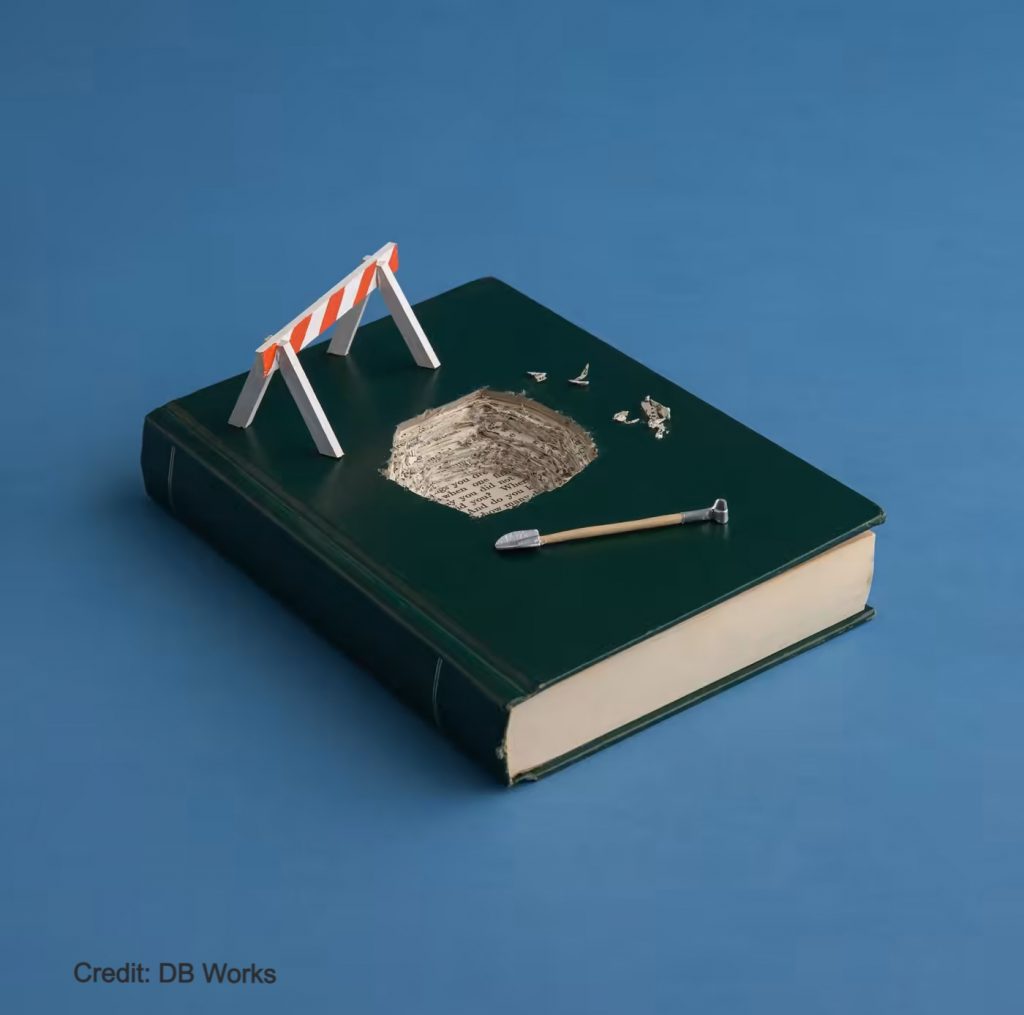Stephen King once said, “Books are the perfect entertainment.” But many people think that though books are the best entertainer, they are not perfect. Now think with me for a moment, you are 7 and reading a book by Roald Dahl and he describes a group of children as “delinquents” and “idiots”. Would such words offend you, if yes what would you do?

Nowadays sensitivity reading is an important part of the publishing process and sometimes publishers employ sensitivity readers even against a writer’s wishes and can ask them to remove or edit important parts of a story.
Sensitivity reading started as a force for good. Sensitivity readers are meant to read text for specific things that the writer wants them too. If the writer is worried about being openly insensitive to races or thinks they did not accurately portray something or someone they would go to a sensitivity reader to make sure it was correct. Some of the greatest publishing houses have been said to employ sensitivity readers against writers wishes with Penguin Random House, Harper Collins and even Scholastic asking writers to make changes to their work.
I feel it is a step too far when publishing houses and sensitivity readers think they can posthumously edit classic writers works.
Inclusive Minds is a sensitivity reading organization mixed up with a lot of these edits especially to works of Roald Dahl. They are “passionate about inclusion, diversity, equality and accessibility in children’s literature”. They chose to show their passion by editing classics and taking them out of the time and context they were written in.
Agatha Christie, Ian Fleming, Arthur Conan Doyle, Herge, Roald Dahl, P.G. Wodehouse and the list goes on. It is ridiculous how many famous writers’ works have been fiddled with on the account of not wanting to offend readers. At the same time, it is majorly disapproved of, by a lot of people as well. To the point where Londoners managed to wear down Penguin Random House and force them to make a plan to publish the Roald Dahl Classic Collection which lets readers “choose which version of Dahl stories they prefer”. If we can keep this up all the publishers will make a similar deal.

Let me go through some of the writers that are being edited.
Roald Dahl is a brilliant children’s writer loved all over the world for his simple yet interesting plots. Charlie and the Chocolate Factory, Matilda, The Fantastic Mr. Fox and The BFG have enraptured readers the world over so of course, they are the first ones on the chopping block. But the changes presented by Inclusive Minds (the company being used by Penguin Random House for their edits) are rather odd. A lot of them are euphemisms for Roald Dahls more ‘to the point’ words such as replacement for ‘fat’ and ‘dwarf’.
P.G. Wodehouse, he is easily the least controversial writer in this list with no themes of really anything offensive touching his works. But even his superb use of metaphor is under threat as it has been classified as ‘unacceptable prose’. Which is a vague and confusing statement by itself. While the publishers haven’t gone as far as they did with Roald Dahl and changed bits of prose in all his books they made, “minimal alterations” to Right Ho, Jeeves and Thank you, Jeeves. For the remainder of his books, they added the following disclaimer. “Please be aware that this book was published in the 1930s and contains language, themes and characterizations which you may find outdated”.
In the past I have talked about the tendency to call famous writers offensive being a slippery slope, and reading too much into meanings is a pointless exercise in political correctness that distracts from the pleasure of reading. One of the authors that is minimally impacted but has faced the biggest offence in the literary world is Herge. There have been no edits to his Tintin comics but two of the earliest Tintin books, Tintin in the Congo and Tintin in America faced bans in England and America respectively. Of course, ten years ago the Belgian Court System defended Tintin in the Congo and ruled it as not racist saying that it did not “create an intimidating, hostile, degrading or humiliating environment”. Still in England it faced much banning and censorship
Returning to my earlier point, a lot of people disapprove of the new bans and edits. The list of people against it stretches far longer than the list of writers under the axe. Some of the most famous people in this list are Judy Blume, children’s writer; Tom Hanks, actor and novelist; Phillip Pullman, creator of His Dark Materials and Rishi Saunak, Prime Minister of England. The list keeps on going.
After much push back Puffin Books the children’s book publishing arm of Penguin Books folded a little and with enough effort, we can slow the charge of ‘sanitizing’ books before it encompasses all of literature and there is not a speck of excitement left in any book. Please leave the sanitization to prevent the spread of COVID-19!
The insult this is to the book world is best summed up by a writer from the New York Post, “This is no more defensible than someone deciding Monet’s water lilies should be an ever-so-slightly different shade of green.”
We need not take up arms, but we must stop this trend of stifling creative license before the art of writing is too far gone to save.